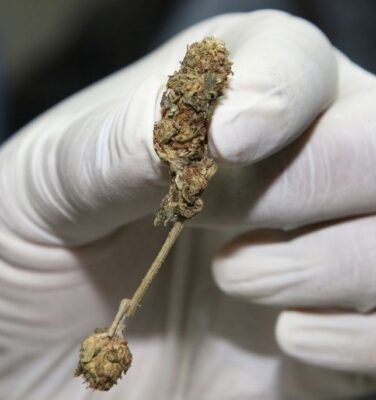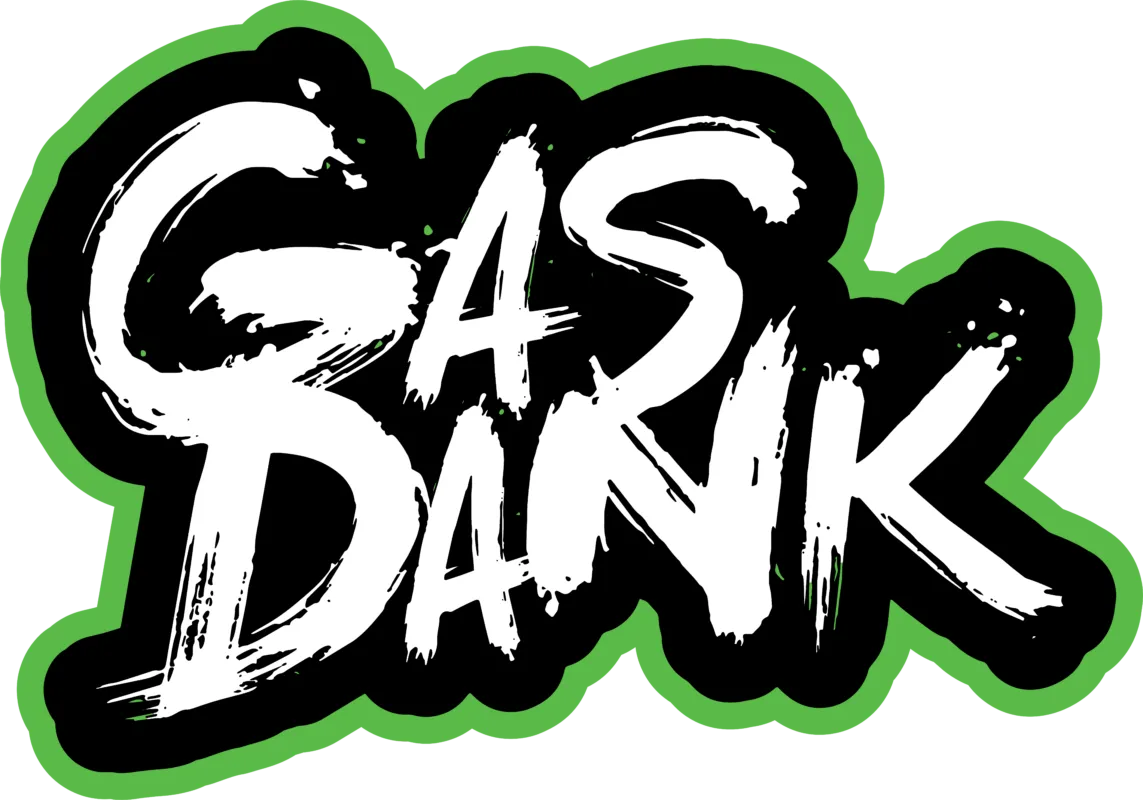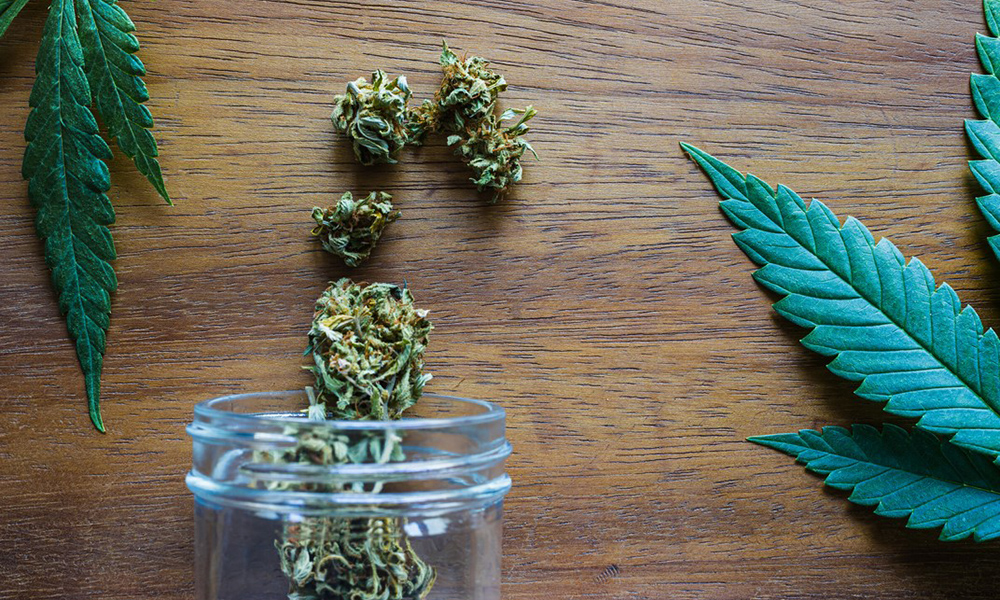Uncategorized
Medical Marijuana for Dystonia. Does It Work?
The term “dystonia” is a catchall phrase that doctors use to describe a variety of movement issues. These problems feature rapid, uncontrollable muscle contractions with sometimes severe discomfort. They can have a major negative impact on the patient’s quality of life, but there are few treatment choices available.
Some people who have dystonia are looking into whether cannabis therapy can help them. We shall examine this in depth in this detailed article. But first, lets look at dystonia and its signs more closely.
What Is Dystonia?
The word “dystonia,” which means “twitching” in Greek, refers to a variety of ailments that affect muscles and movement. It causes severe muscular spasms and cramps, which can be very distressing.
Dystonia affects numerous portions of the body. Dystonia has many subtypes, each affecting a different region of the body. They are as follows:

- Generalized dystonia (affects the whole body)
- Myoclonus dystonia (jerking that typically affects the arms, torso, and neck)
- Cervical dystonia (only affects the neck)
- Blepharospasm (affects the eyes)
- Laryngeal dystonia (affects the larynx)
- Oromandibular dystonia (affects the lower face, jaw, and tongue)
Some types of dystonia are “task-specific,” which means they only occur when individuals engage in specific tasks. These might include writing, typing, or performing an instrument.
Dystonia Symptoms
Dystonia symptoms are usually minor in the early phases. When performing a particular activity, they may only occur in an isolated body part.
Finally, these indicators can gradually spread to other areas of the body and become constant most of the time. This isn’t always the case, though. Some people report that their dystonia plateaus or improves over time.
The most common symptoms of dystonia include:
- Unusual twisting of the affected body part
- Slow, repetitive movements
- Muscle spasms and cramping
- Tremors
- Uncontrollable blinking
Symptoms of dystonia can appear at any age. Women are generally more affected by various types of dystonia than males.
What Causes Dystonia?
Dystonia is caused by a glitch in one of the brain areas that controls movement, according to most experts.
The basal ganglia, for example, control voluntary muscular and eye actions. Dystonia patients typically have trouble with this area of the brain, although other sections may be affected as well.
Diverse types of neuropathy can cause tingling, numbness, and muscle weakness. Diverse elements in the brain that are not functioning properly may also result in such symptoms as abnormal movement. dopamine and gamma-aminobutyric acid (GABA) are two neurotransmitters that appear to have a connection with Dystonia. When the brain is unable to process these chemicals effectively, their messages might become scrambled, causing weird motion.
According to most authorities, dystonia is caused by a defect in one of the brain areas that controls movement.
Doctors generally classify dystonia into one of three categories:
- Idiopathic dystonia: This type of dystonia has no apparent cause.
- Genetic dystonia: Mutations in a specific gene cause a variety of dystonia that runs in families.
- Acquired dystonia: A kind of dystonia that occurs due to brain injury (stroke, oxygen deprivation, or physical trauma) as well as certain medications.
Dystonia frequently occurs together with other medical problems, including Parkinson’s disease, multiple sclerosis, and cerebral palsy. Furthermore, there are several causes of dystonia that can make symptoms worse. The following are some examples:
- Tiredness
- Stress
- Alcohol
- Caffeine
- Activities such as talking, chewing, writing, typing, etc.
Common Dystonia Treatments (Not Cannabis)
There is no known cure for dystonia at this time. Therapies exist, however, that may assist patients in managing their symptoms:
- Botulinum toxin (Botox) injections
- Muscle relaxants
- Physical or occupational therapy
- Deep brain stimulation
A battery is implanted in the chest or abdomen for deep brain stimulation. It is linked to the brain by thin wires and delivers electrical stimulation to certain regions of the brain. For some people, it can provide symptom relief. However, others see little improvement.
Dystonia treatment choices are so limited that some patients are turning to cannabis, which is only natural. But does it really make a difference?
Does Cannabis Help Dystonia?
Cannabis therapy is increasingly popular nowadays. In recent years, a large number of American states have established medical marijuana programmes, and some even allow recreational usage.

Furthermore, new studies are continually revealing the plant’s numerous advantages. Most research thus far has concentrated on THC and CBD, two of the cannabinoids most frequently studied.
THC, on the other hand, is perhaps best known for its intoxicating power, yet it also has a long list of medical uses. CBD, on the other hand, is recognized for having many of the same health effects as THC but without the intoxication.
Cannabis for dystonia has received mixed research thus far. According to a 2015 study published in the journal Neurotherapeutics, marijuana has been shown to help people with dystonia. However, because these are mostly single case reports, there is a need for large-scale clinical trials.
The first study on nabilone (a chemical variant of THC) for dystonia, conducted in 2002, revealed that it had no beneficial effects.
CBD for dystonia has a more hopeful future. A 2002 research published in the European Journal of Pharmacology examined CBD on hamsters with idiopathic dystonia. They discovered that high dosages usually slowed the disease’s progress.
Another study published in The International Journal of Neuroscience investigated five persons with dystonic movement disorders. For a total of six weeks, the participants took CBD dosages ranging from 100mg to 600mg per day.
All of the patients had positive effects, ranging from 20% to 50%. However, two persons with Parkinson’s disease reported that higher dosages worsened their symptoms.
CBD Effects on Dystonia
CBD’s involvement with the endocannabinoid system (ECS) is the most probable cause of its effects on dystonia. This system may be found in almost every tissue of the body, including the brain.
The ECS is made up of cannabinoid receptors (CB1 and CB2) and endocannabinoids, which are neurotransmitters that bind to these receptors. These two elements function like a key and lock to regulate a variety of physiological processes. The ECS is involved in emotions, hunger, and immunity, to name a few things.
CBD inhibits the breakdown of endocannabinoids by slowing their deterioration in the body, hence enhancing their presence in the brain.
The ECS is also important in motor function. The brain’s basal ganglia, which contain a large number of CB1 and CB2 receptors, are particularly rich in these receptors. CBD has been linked to the treatment of dystonia based on studies suggesting that it targets cannabinoid receptors.
CBD raises endocannabinoid levels in the brain by slowing down their degradation. Furthermore, CBD has powerful antioxidant and anti-inflammatory properties. These qualities suggest that it may assist prevent damage to tissues in the brain caused by diseases like Parkinson’s disease.
However, further study is required to establish how effectively CBD works for dystonia.
What Is the Best CBD for Dystonia?
There are a few things to consider if you decide to take CBD for dystonia. If a person lives in a state where medical marijuana is legal and has a qualifying condition, he or she can apply for an MMJ card. The holder of this document may purchase high-CBD cannabis strains or CBD oil from authorized dispensaries.
The disadvantage is that people who live in places without a medical marijuana program are restricted to purchasing hemp-derived CBD oil. They can only utilize it if they live somewhere with a medical marijuana program because it has just trace amounts of THC. This stuff has almost no THC and is therefore permitted in most nations.
CBD derived from hemp is another excellent choice for those who don’t want to deal with the intoxicating side effects of THC. Many CBD products have a problem in that the market is inadequately regulated. As a result, many businesses are selling goods that aren’t up to par. Some contain considerably less CBD than they should, while others may include contaminants such as pesticides or solvents.
People who have bought CBD oil for dystonia should be careful. Look for a company that offers third-party lab reports on its website to ensure you know what you’re getting. These papers reveal the contents of each item and verify there is nothing to conceal.
There are a plethora of CBD products to select from, and determining which one is best might be difficult. Check out our guide to the finest CBD products if you want more information on how to get CBD.
Final Thoughts
Dystonia is a terrible disease that significantly reduces a person’s quality of life. It might cause severe discomfort and make basic activities difficult. Furthermore, there are limited treatment choices available.
Many people are using cannabis to help with dystonia as a result of this. There have been several reports over the years about this natural therapy alleviating symptoms of dystonia. However, there is no assurance that it will work for everyone since there is no solid scientific evidence available.
Talk to your doctor if you’re thinking of taking cannabis or CBD oil for dystonia. They’ll tell you whether it’s safe and offer extra ideas on how to cope with your symptoms.



